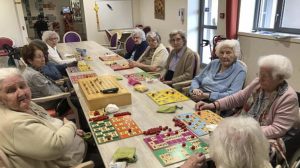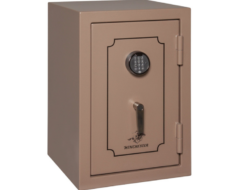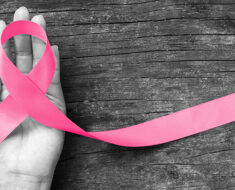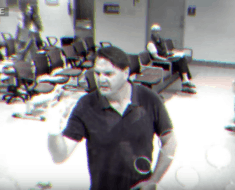
Euronews
According to the National Council on Aging, elder abuse may not just involve physical or emotional abuse. This kind of abuse can take many forms, including sexual and financial abuse. There are also instances where someone who is confined to a nursing home suffers from passive neglect as well as willful deprivation.
Nursing homes have a legal responsibility to adequately care for their residents. Therefore, it is critical for family and friends to recognize the signs of elderly abuse as well as what can be done to prevent it.
Types of Neglect
Nursing home neglect is a type of abuse that involves a substandard of care. It can also be a breach of duty that leads to an injury or other types of harm. Some of the types of neglect include:
- Basic Needs – failure to provide food, water, or clean environment
- Emotional – constant unkind treatment or emotional abuse
- Lack of Personal Hygiene – failure to help resident perform personal hygiene tasks
- Medical – failure to properly attend to medical concerns
- Social – ignoring or leaving resident alone excessively
The Impact of Elder Neglect
Medical neglect can lead to bedsores, infections, mobility issues as well as complications should the resident not receive proper diabetic care. Failing to perform personal hygiene can lead to tooth decay and infection. Neglected elderly people in nursing homes have suffered amputations, dehydration, respiratory infections, and even wrongful death.
Causes of Elder Neglect
In most cases, elder neglect is caused by understaffing in a nursing home. If the staff-to-patient ratio is unbalanced, staff become overburdened. As a result, they may suffer from stress, exhaustion, and compassion fatigue. If this happens, they will not have the time to adequately meet the needs of the residents.
If a nursing home does not perform adequate background checks, they may hire someone who has a history of mistreating or neglecting elderly people. Because nursing homes are often understaffed, they may not take the time to adequately train staff. This means that staff may make mistakes, including failing to provide adequate care.
How to Recognize Elder Neglect
One of the most common signs of elder neglect is poor hygiene. Because many nursing home residents are unable to perform those duties themselves, they need assistance. If you notice a loved one in a nursing home seems to be ignoring their personal hygiene, it may be due to elder neglect.
Unclean rooms, bedding, or common areas is another sign of elder neglect. If your loved one seems to be irritable or constantly tired, or they seem to always be cold, they may not be getting adequate nutrition. An older person who has unusual hair loss or papery skin may also be dehydrated.
Most nursing homes have programs that are designed to keep elderly patients active. If your loved one was previously active and now seems to have lost significant mobility, it may be a sign of neglect. Unexplained injuries are another sign that your loved one may be suffering from neglect.
Many times, if the staff is not helping the elderly residents of care facilities, they will attempt to do things on their own, leading to falls. Depression is also a sign of neglect, as is a reluctance to talk to certain staff members. Anger and resentment can also be signs of neglect.
How to Prevent Neglect
If a loved one tells you that they are being neglected, it is important to believe them. Talk to staff and, if they do not respond properly, talk to management. Visit loved ones frequently in order to recognize signs of neglect. Nursing homes can also prevent neglect in their facilities by adequately training new staff members and keeping a balanced staff-to-resident ratio.
All nursing home facilities should perform thorough background checks, including a review of any potential employee’s criminal record. If you suspect a loved one is being neglected in a nursing home, you should file a report with the facility, report them to state authorities, and hire a personal injury attorney or a certified elder law attorney.









































